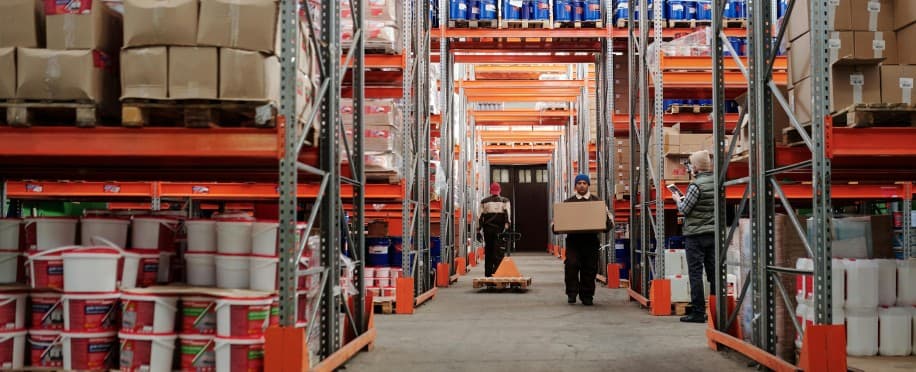Copyright © 2026 lpcentre.com All Rights Reserved. London Premier Centre For Training Ltd Registered in England and Wales, Company Number: 13694538
version: 3.0.1

Logistics and Supply Chain Courses in Singapore: Skills for 2025
Posted on : 10/15/2025, 8:33:48 PM
Last Update : 10/15/2025, 8:33:48 PM
We rarely ever think about what goes on in things we use every day, at least not until something breaks. A delay in shipping, an out-of-stock product, a missing part in a production line—these aren’t just small inconveniences. One thing goes wrong and we all panic
That’s why more people are paying attention to supply chain roles, and more professionals are enrolling in supply chain courses in Singapore. These programmes aren’t just for logistics managers or warehouse supervisors. They’re for anyone who wants to understand how modern supply systems work—and how to manage them better in an unpredictable world.
Supply chains used to be invisible. They were considered technical, more like behind-the-scenes processes that “just worked.” But global disruptions from health crises or geopolitical shifts have indeed shifted that.
Now, supply chains are on boardroom agendas. They affect product pricing, delivery promises, reputation, and even environmental goals. And the people managing them are expected to understand far more than just transport or storage.
That’s why supply chain management training Singapore is gaining attention. They’re built to equip professionals with the skills they actually need—not just in theory, but in real business settings.
These programmes are structured around real operational challenges. Whether you're working in logistics, overseeing inventory, or leading a team in procurement, the core modules are designed to help you do your job better, faster, and with more confidence.
Some of the key focus areas include:
Rather than overwhelming learners with academic theory, these courses focus on practical case studies, live problem-solving, and examples pulled from actual businesses—especially those operating across Asia.

One of supply chain courses in Singapore is that they’re flexible. Whether you’re an experienced manager, a mid-career professional changing direction towards supply management careers, or a new hire learning the ropes, there’s a programme that fits.
You don’t need a background in engineering or business to get started. Many candidates come from IT, customer service, finance, or operations—areas that are increasingly connected to supply functions. Others are already working in warehousing, planning, or procurement and want to formalise their knowledge with a recognised certificate or diploma.
The diversity of learners actually adds to the value. Course discussions often benefit from different perspectives, especially when you're dealing with real-world scenarios where supply chains interact with so many departments.
Singapore isn’t just a convenient place to take a course. It’s a country that lives and breathes supply chain excellence.
With one of the world’s busiest ports and a strategic location in Southeast Asia, Singapore has developed world-class logistics infrastructure, innovation ecosystems, and a policy environment that supports trade and efficiency.
That means training here isn’t abstract—it’s grounded in real operations. Many programmes incorporate site visits, local case studies, and exposure to live supply chain environments. You don’t just learn theory—you see it in action.
The skills required in 2025 won’t just be about managing orders or tracking containers. Companies are already looking for people who can adapt quickly, think systemically, and lead change.
Now companies are looking into people who can:
These are exactly the areas where supply chain courses in Singapore tend to focus. The learning is built around real challenges, not ideal scenarios. That’s what makes these programmes so relevant.
Supply chains aren’t just technical systems. They’re human systems. They depend on judgment, communication, and the ability to make smart calls in real time. That’s why formal training can be a game-changer—whether you’re looking to improve your current role, prepare for a new one, or simply understand how this critical part of business really works.
If you’re considering it, investing in a structured learning programme could give you more than a credential. It could give you a new way of thinking about how value moves through the world—and how you can shape that flow for the better.
Career Development and Succession Planning training